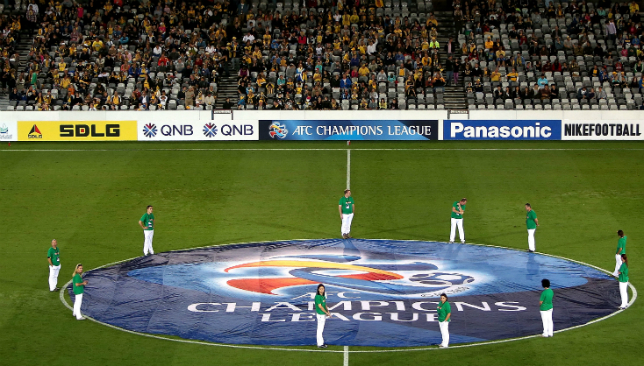
Last week, the Asian Football Confederation announced that 22 players and officials from Laos and Cambodia would be banned for life for involvement in match manipulation. The decision was taken by the Disciplinary Committee against the backdrop of of an investigation started in 2014.
Among the 22 individuals sanctioned, 15 are current or former players of the Laos national team and the club side Lao Toyota FC. No further details were revealed.
The AFC confirmed that the investigation was supported by the FIFA Integrity Unit and its Swiss-based partner Sportradar, a reminder of how decisive analytical data have become in the fight against match fixing.
For those who don’t know, Sportradar is a private company that operates a Fraud Detection System using mathematical algorithms to detect suspicious betting behaviour. FIFA and Sportradar announced the conclusion of an agreement on February 3, 2017.
The AFC’s decision also comes weeks after UEFA made public the grounds of the Court of Arbitration for Sport (CAS) decision to ban Albanian club Skenderbeu from taking part in this season’s UEFA Champions League edition, due to their involvement in match fixing.
UEFA excluded Skenderbeu with evidence reports, supported also by the Sportradar system, indicating irregular betting patterns; the correlation of such analytical data with suspicious actions occurring on the field.
Skenderbeu appealed to CAS, challenging the legal value of the reports in lack of other conclusive evidence.
For the club, irregular patterns could not be sufficient to demonstrate any involvement in match-fixing. The utility of the UEFA fraud detection system, which is also used by the AFC, CONMEBOL and FIFA, was put to test.
CAS eventually confirmed the decision to exclude Skenderbeu, concluding that the collected data accompanied by a good qualitative analysis demonstrated at least an indirect involvement in match-fixing – sufficient to prevent the club from participating in the UEFA Champions League.
The manner in which the AFC has published this latest scandal in Asian football is without doubt a direct consequence of the positive impact of the Skenderbeu decision, which has given governing bodies a powerful weapon in their fight against this cancer in sport.